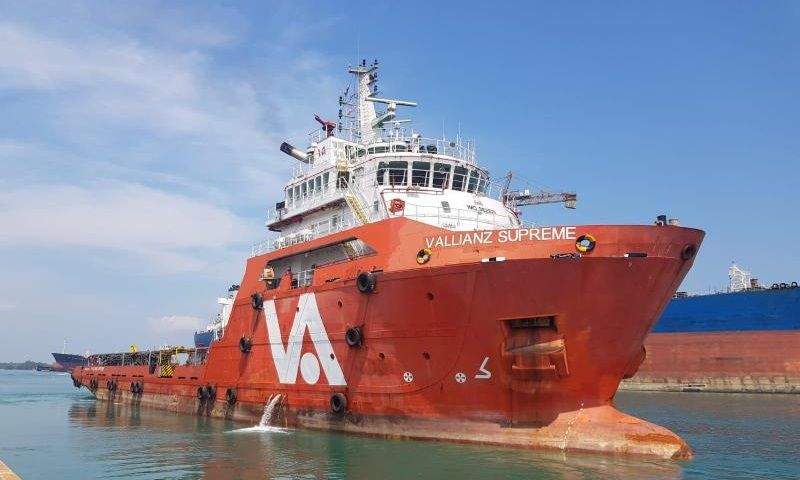Vallianz Faces Legal Battle Over Charter Dispute

Vallianz, a prominent offshore support vessel (OSV) owner and operator based in Singapore, is embroiled in a legal dispute with Hilong Marine Engineering. This conflict centers around a charter agreement involving the vessel Vallianz Supreme. The situation escalated when Vallianz’s subsidiary, Vallianz Offshore Marine, received a counterclaim of $8.1 million from Hilong’s subsidiary. This counterclaim alleges deficiencies in the chartered vessel, complicating an already contentious relationship between the two companies.
Background of the Dispute
The legal issues began when Vallianz sought to recover $702,217 in unpaid charter fees from Hilong. This amount was due for the charter of the Vallianz Supreme, a vessel built in 2012. The two companies initially reached a settlement in May regarding the unpaid fees. However, Vallianz reported that Hilong failed to fulfill its payment obligations despite multiple reminders. This failure to pay has led to an additional $54,297 in accrued interest, further complicating the financial aspects of the dispute.
The Vallianz Supreme was chartered by Hilong from August 2023 until its return in March 2024. During this period, Hilong claimed operational downtime and requested a replacement vessel. Vallianz, however, contends that the charter agreement was extended despite these claims. The company believes that it has fulfilled its obligations under the contract and is now seeking legal recourse. Vallianz is currently consulting with its lawyers to address the counterclaim and to pursue its own claims against Hilong. This legal battle highlights the complexities and challenges that can arise in the maritime industry, particularly regarding vessel charters and contractual obligations.
Implications for Vallianz and the Industry
This legal dispute could have significant implications for Vallianz and the broader offshore support vessel industry. For Vallianz, the outcome of this case may affect its financial stability and reputation in the market. If the court rules in favor of Hilong, Vallianz could face substantial financial losses. Conversely, a favorable ruling could reinforce Vallianz’s position and deter similar disputes in the future.
Moreover, this case underscores the importance of clear communication and contractual agreements in the maritime sector. Disputes over charter agreements can lead to costly legal battles, which can strain relationships between companies. As the industry continues to evolve, it is crucial for companies to establish robust contracts and maintain open lines of communication to prevent misunderstandings.
